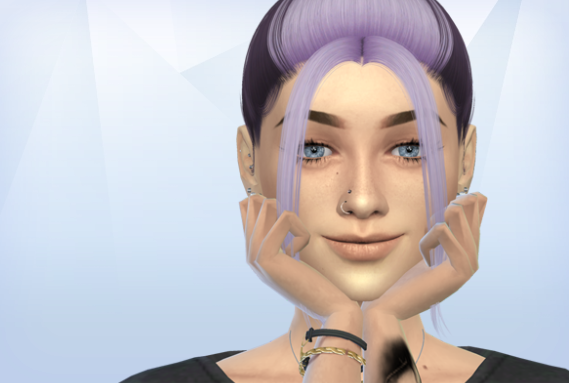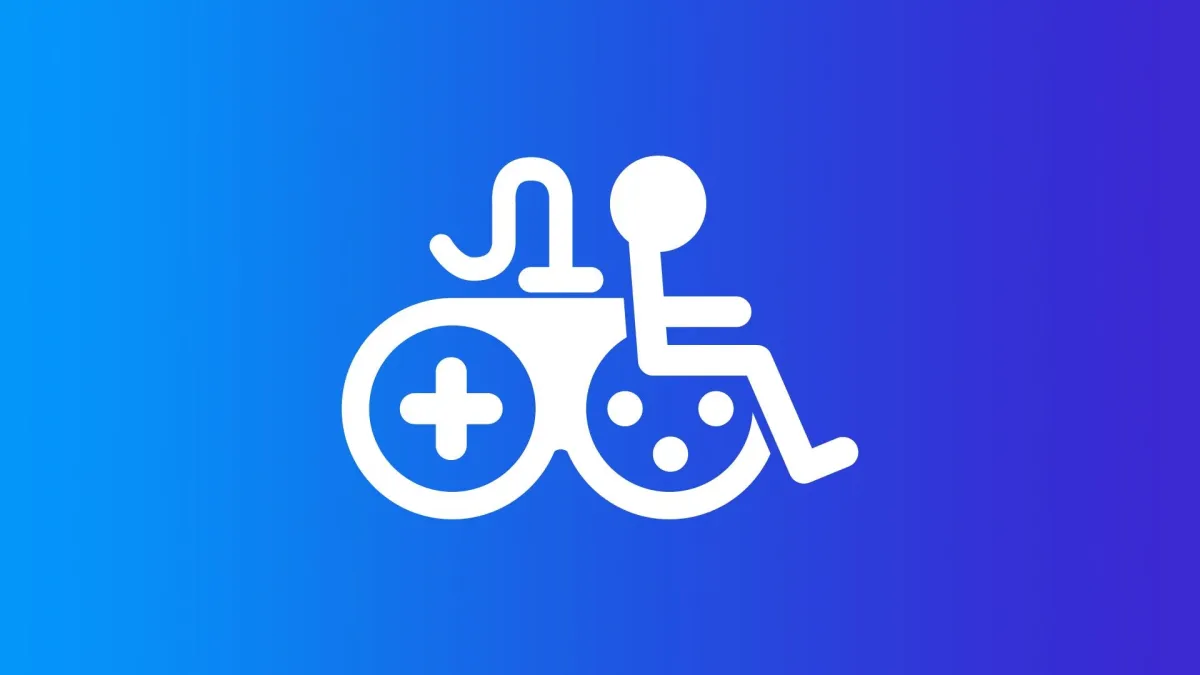Disabilities are a broad spectrum, whether mental, physical or both combined. Outside of the gaming community, many people don't realize the benefits gaming has for the disabled community. Here I will mainly talk about my and others' experiences regarding the outside world and the gaming world.
From My Perspective
On many occasions, I wondered what the point of my existence was, as I rarely ever left the house, socialized, and could not experience my teen years like a "normal" teen. Even into my adult life and getting married, I felt I had no worth towards my husband as I heavily relied on him and could not contribute towards bringing in money.
But there was one thing that was always constant in my life, and that was, you guessed it, gaming! As someone with both physical and mental health problems, I know how gaming can impact someone for the better. If it weren't for the acceptance of the gaming community (as well as my family), I would not be here now.
Unfortunately, some people have judged me for gaming, but it is down to ignorance. The most common comment I get is, "you need to get out and walk more." Sure I can do that on my pc; however, in the real world, they don't realize how painful and tiring it is for me.
On PC, Xbox, VR, or any other platform, I can be whoever and wherever I want to be to forget the constant pain, anxiety, and tiredness I cope with daily. It allows me to explore unique worlds, experience new things, and make new friends.
Occasionally, my gaming friends and I will have a game night where we all go on camera and have a good laugh. One constant thing, however, is that we talk every day. So when my husband is at work, I never feel lonely. The same goes for my friends, as they also deal with disabilities that prevent them from going out. When it is needed, we support one another.
But the best thing to come from gaming is sharing my experience with others, reviewing and testing games before they are released. It has made me feel that I am contributing back to the gaming community in one way or another. Not only that, know that I have made my family and husband proud. It has finally given me a purpose.
What Has Gaming Taught Me?
To begin with, my social skills were abysmal. Being autistic and then being bedbound throughout your teenage years because of chronic fatigue syndrome doesn't help when it comes to socializing. I was terrible at making friends and felt like a hermit. However, in recent years, that has changed for me. I know now what is appropriate and inappropriate to say. I can pick up social queues. Admittedly I don't always get sarcasm or jokes, but that is to be expected. I have constant friends who I know won't judge me for being the derpy person that I am and understand when I am too tired to function.
Gaming has helped to teach me to be empathetic towards others. It has made me realize that I am not alone in fighting battles, as most community members escape from the real world for one reason or another. Even my husband comes home and goes straight on his Xbox to release all the stress he has had all day, and he is relatively "normal."
The most important thing it has taught me is to be confident in myself and my work. I am fortunate to be involved in such a fantastic and encouraging community.

From Others Perspective
The majority of my friends in the gaming community have either mental health or physical disabilities, and I wanted to find out how gaming has benefitted their lives.
One friend, who has ADHD, said that Runescape helps him to focus on one thing at a time. He also games to take his mind off things and keep himself busy.
Another friend has PTSD-C, ADHD, and Anxiety. He mentioned that playing rhythm games like Beat Saber helps his ADHD and Anxiety as it is like meditation. He also said that his friends help him, and they don't even realize as they are just playing games, but it allows him to settle down and return to reality.
A parent told me their son was born prematurely and, as a result, ended up in NICU for a while. He had inevitable developmental delays with speech, learning, cognition, and motor skills. He is also diagnosed with dyslexia and Asperger's. Gaming has helped him learn to communicate and develop his language/speech skills, which is incredible, as he could not speak for the first five years of his life. Through gaming, he has learned to plan and strategize for specific outcomes, visualize objects better, and develop his directional and spatial awareness. His favorite game is Space Engineers.
A member from the gaming community who has autism, depression, and anxiety told me that gaming helps them differently for each problem. For instance, with their ASD, their brain overanalyzes almost everything, and they have difficulty staying focused on conversations. Gaming helps them focus on one thing and use more than one sense to keep them from getting distracted. Their anxiety is mainly linked to social anxiety, and gaming makes it easier for them to speak to people. They said it makes them feel like themself and not have to put a "mask" on. As for depression, they mentioned that they had felt so immersed in a game that they had forgotten their feelings. Overall, gaming is an escape for them when they feel bad about themself.
Lastly, RyanN, who is a big advocate, had this to say:
"Well, gaming continues to help me. I have ADHD, anxiety, and depression (at least these are the official ones) if there is something else, I'm not aware of it yet.
Gaming has always been a comfort to me. I could never explain why until I was older, like maybe 6 years ago older.
Because gaming has an immediate loop when it comes to bare basics. For example, my brain loves when I just make something move on the screen. An instant gratification reward. I push the button, the character does something. Endorphins released. I think that's the ADHD part, it's why I can test games.
However, the anxiety and depression side of it for me is a double edge sword. It definitely does help, when I need to take my mind off a situation I'm battling to come to terms with, and doing that curbs my anxiety, however, I have to do it in moderation. It's really easy for me to confuse "me time" or "relax time" with "Escape". Obviously, if I fall into "escape" territory then I lose hours upon hours of my life, because I don't want to face the challenges in life or because I'm upset or anxious about something. I'd rather play games than actually deal with it because it's easier. That's the ADHD part as well. There is no instant reward for me addressing some problems head-on. So I'd rather game because there's an immediate reward there for me.
Gaming in general will always serve a purpose for my mental health needs. It's ingrained and it's the only thing that legitimately helps me when I'm feeling, anxious, stressed, sad, or alone (which is often. Just how I'm wired I guess)."
Inclusion For All
There are a lot of stigmas that come with gaming, but people outside of the gaming community never think about the benefits it has for disabilities. But even though this article is mainly focused on disabilities, the same can be said for those not diagnosed with any illnesses.
The gaming community truly is a great one to be part of. We get to meet so many people from all across the world. We are learning about each other's cultures and supporting and encouraging one another. Everyone is accepted from all walks of life.
A Big Thank You
I want to say a big thank you to those who sent in their experiences to me. It means a lot.
I would also like to thank family and friends for rooting for me all these years.
Also, for those out there, please know you are never alone!


